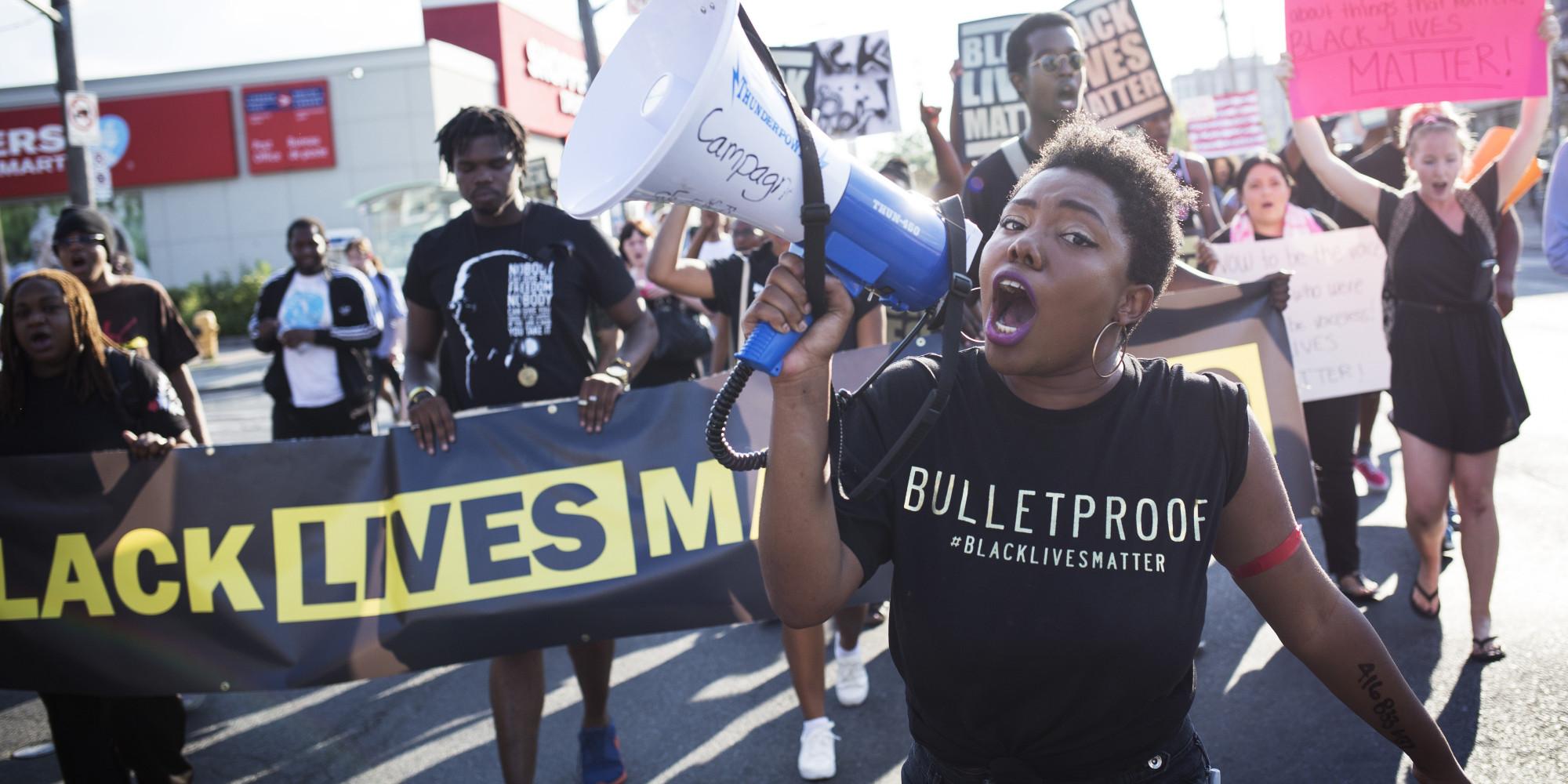What Has Happened to the Public Imagination, and Why?
archive

What Has Happened to the Public Imagination, and Why?
What do we mean by the “public imagination”? We could look, first, to definitions of the “public.” Jurgen Habermas, for example, has argued that a democratic public sphere first developed in the bourgeois revolutions where people came together in cafés and social clubs to discuss the burning political issues of their time. Crucial to this public, and to the creation of shared meaning, was the printing press, which allowed pamphlets and newspapers to be widely circulated. What is important to Habermas, however, is not the political imagination, but the shared meaning that grew out of these public spaces. Many social theorists have bemoaned the collapse of the public sphere in modern democracies in Europe and especially in the U.S., where only the church (and, perhaps, as queer theorists have argued, bars) seems to provide space for collective political and ethical discussion.
But we approach this question somewhat differently. Of course, we accept the insight that public spaces have diminished, especially with the collapse of the industrial unionist movement, which provided an entire edifice of public spaces, most notably workers meetings and union halls. Our approach to the public imagination, however, begins with Spinoza, the greatest thinker of the imagination in the European canon. As we argued immediately after the 2016 U.S. election, Trump’s movement—as well as similar fascist, xenophobic, nationalist movements arising throughout Europe—is tied to the collapse of any ethical horizon or sense of shared meaning within neoliberal capitalism: its distorted myths of superiority are an attempt to overcome this nihilism and cultivate a sense of collective belonging. We believe that Spinoza’s philosophy can help make further sense of this phenomenon, including how the left might build an effective response to it.
To put it very simply, Spinoza teaches us that the imagination is always collective. For him, mind and matter are two attributes of the same substance—two sides of the same coin, so to speak. Every material encounter produces a corresponding image in the mind (and vice versa). For Spinoza, the imagination is just as real as atoms. We live in a world in which we are constantly being affected by other people and by our own bodies as we experience them embedded in the world, and we are constantly developing images of our bodies and our relations with others. Because of our embeddedness in an affective world, there is ultimately no such thing as an isolated individual because what any one person “is” is determined by her affective encounters. As the material world is collective, so is the mind: our own imagination is inextricably tied into a collective imagination shared by those with whom we share material encounters. For Spinoza, the more we open ourselves to being affected by others, the more we allow ourselves to engage in complex situations, the richer our imagination becomes and the more we move away from our own inevitably “inadequate” ideas toward a rational commons. This is because the more complex our material engagements are the more complex our mind is.

Image via Presseurop.
Spinoza was therefore a proponent of democracy, defined precisely as the form of government that allows the greatest expression of different images and different material engagements. Democracy, so defined, allows us to be affected by as many people as possible, in all of their diversity, and this in turn promotes the maximal clarification of inadequate ideas. The more open we are to being affected by others who are different from what we currently imagine ourselves to be, the more our imagination is enriched and the more we are empowered in both body and mind. In this light, what we are seeing now is the dearth of collective imagination. Trump and his supporters want us literally to be walled off from México, blocked off from the tragedy in Syria. He wants to keep us from interacting and creating new, enriched images of people in different religions through his grotesque Muslim ban. He wants to turn women into things whose impact on public life is as limited as possible, imagined instead as nothing other than their reproductive organs to be “grabbed” and controlled. These walls and barriers clearly block democracy in Spinoza’s sense, as the widest engagement with each other.
For Spinoza, the more we open ourselves to being affected by others, the more we allow ourselves to engage in complex situations, the richer our imagination becomes and the more we move away from our own inevitably “inadequate” ideas toward a rational commons.
So we wish to emphasize two points here. The first is that all of Trump’s moves undermine, if not completely block, the development of a rich collective imagination—and therefore democracy itself. Secondly, shared meanings have collapsed with the death of important public spaces; in their place we have a nihilistic universe in which people are desperate to find some kind of values in their own lives. Rather than democratic engagement, which is the basis of an ever-enriched and complex commons that facilitates maximal individual and collective flourishing, we have the nihilistic hole filled in with distorted myths that provide an inadequate imaginary fueled by simple-minded fantasies that heterosexual white men are superior and should govern the world. (From Spinoza’s perspective, it is telling that this form of “power” can only rule by imposing the greatest number of barriers and limits in order to restrict the collective empowerment of the commons.) Hence, the importance of feminism and movements such as Black Lives Matter: through the affirmation of the feminine within sexual difference or blackness, these movements spur collective material encounters that are otherwise proscribed. Such alternative forms of material engagement not only enable women and people of color to reimagine themselves beyond the inadequate ideas imposed on them through sexism and racism, but provide new collectively shared images of what it means to be human.

In a sense, the collective imagination can be understood as the consolidated images, symbols, stories, and histories through which groups, nations, and other institutional forms materialize themselves and imagine their place in the world. But, we argue that these must always be open to contest through democratic practices that allow us to be affectively moved and transformed through what we have called “political spirituality.” Political spirituality names precisely the way in which imaginations and “regimes of truth,” to use Foucault’s phrase, should remain inherently open to challenge and change as we are affected differently the more we open ourselves to all others who surround us and share our world with us.
As neoliberal capitalism has undermined all collectively shared horizons of ethical meaning, replacing them with the one image of the risk manager who sees others as only those who will take away from the self, it is not surprising that contact with other people becomes a frightening prospect and other humans become something that we must guard against. But as we close ourselves off to material, affective encounters with others, we close our imaginations as well, freezing the collective imagination in entrenched inadequate ideas that are impervious to democratic contestation. As we see with Spinoza, our material engagements limit our imagination and vice versa: the more we are walled off from others, the more we are unable to imagine differently (and vice versa). Trump’s walls and bans therefore literally threaten the imagination with death.

Photo credit: Melissa Renwick via Getty Images
We therefore want to emphasize in conclusion that a new powerful left can only create a rich collective imagination capable of confronting this crisis by opening ourselves to new forms of contact that will allow us to be affected by, and imagine, others in new ways. This in turn demands the widest forms of participatory democracy amongst ourselves. We must not limit our struggle to current forms of political engagement which accept the terms of the game—terms that, for decades, have dictated that the economy is beyond the reach of collective contestation. The rise of Bernie Sanders showed that by prominently returning the words “socialism” and “revolution” to the forefront, a new realm of the imagination was opened for millions of young people. That we may not know what a revolution or socialist economy would look like is part of the way capitalism has limited the collective imagination through the imposition of a limited range of material encounters. But the naturalization of capitalism is nothing more than a powerful collective imagination that, by preventing certain forms of collective contest, has fundamentally limited our ability to imagine other possibilities. Thus, we must continue to keep the struggle against capitalism central to any kind of struggle for a just world—but class is not separable from struggles against racism, xenophobia, sexism, and heteronormativity. This is not because of some kind of “intersection,” but because these forms of systemic violence operate by distributing and regulating people in terms of consolidated narratives that limit their material encounters and their imaginations in different ways.
...a new powerful left can only create a rich collective imagination capable of confronting this crisis by opening ourselves to new forms of contact that will allow us to be affected by, and imagine, others in new ways. This in turn demands the widest forms of participatory democracy amongst ourselves.
So if we are to be open to our responsibility for enriching the collective imagination, then we have to dare to encounter others different from ourselves, not bury them under discriminatory images. We must also challenge the reigning naturalization of capitalism that says certain things simply cannot be imagined. Trump’s promise to “make America great again” plays off a lack of shared meaning, the failure of our democratic institutions, and a powerful set of limitations imposed on the kinds of encounters that we are capable of having. Too often the left has tried to bolster itself with dogmatic truths, but for us the challenge of political spirituality is to dare to risk the kind of “danger”—and it was Foucault who said that everything is dangerous, but this means we always have something to do—that our imagination of a more just world can only be opened in and through actual struggles that expand our material possibilities.




